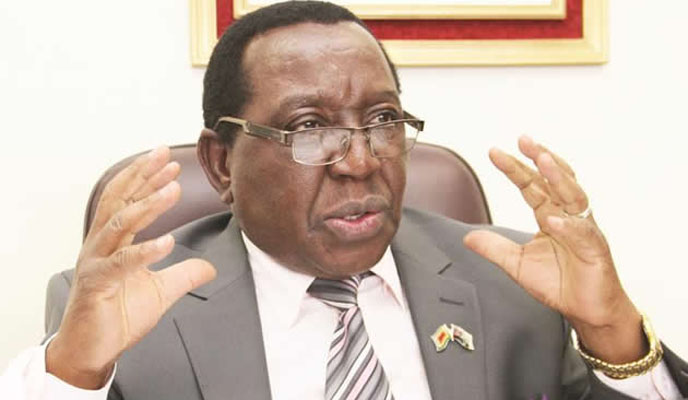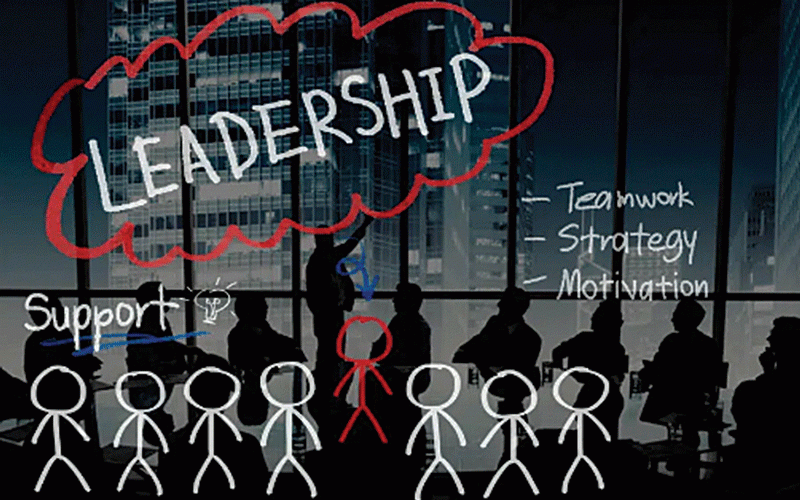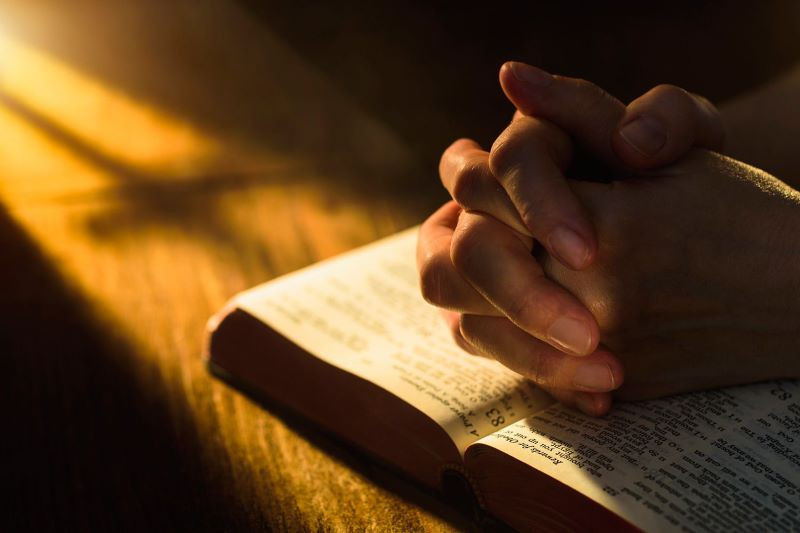
Editorial Comment
THE United States has announced the extension of sanctions against targeted individuals and institutions in Zimbabwe, and officialdom cried “bad wolf!”
Zanu PF spokesperson Simon Khaya Moyo says the US is perpetuating hostilities … against efforts by the government towards implementation of its national reform agenda, including the engagement and re-engagement policy.
Under the so-called “new dispensation”, Zimbabwe has instituted “remarkable” electoral reforms that create a conducive environment for free and fair and credible elections as manifested in July 2018.
The country has witnessed the upholding of human rights fundamentals and the liberations of the media and many other freedoms as enshrined in the national Constitution, he goes on to add.
We think Khaya Moyo is missing the point.
Last year, the US Congress and Senate passed the amended Zimbabwe Democracy and Economic Recovery Act (Zidera) which US President Donald Trump signed into law.
The signing came just over a week after the July 30, 2018 election and after the events of August 1, in which the army shot dead six civilians during the post-election violence, according to the government-appointed commission of inquiry.
- Chamisa under fire over US$120K donation
- Mavhunga puts DeMbare into Chibuku quarterfinals
- Pension funds bet on Cabora Bassa oilfields
- Councils defy govt fire tender directive
Keep Reading
Trump was always going to sign the law, even if the August 1 events had not taken place. Karen Bass, a US Congresswoman who was part of the American IRI-NDI election observer mission had already said Trump was going to sign the new Zidera law, whatever the outcome of the election, telling journalists in Harare that “it went through both houses, so I don’t see any reason why he wouldn’t sign it”.
So the debate continues unabated in the highly polarised political discourse in Zimbabwe. Critics of the sanctions say they are detrimental to development and have hamstrung every government effort to grow the economy, while supporters say Zimbabwe’s blatant human rights abuses and absence of the rule of law make sanctions necessary to keep those in power in check.
Others ask why the West is demanding more from Zimbabwe than it does from other developing nations who have worse records on human rights.
While relevant, the question still misses the fact that it’s not a bad thing to be a standard bearer and that Zimbabwe stands to gain more by aspiring to high standards and by embracing a much more open society. Who can complain about holding a universally accepted and credible election?
In Zidera, the US makes demands that are targeted at democratic and economic reforms, many of which the government itself has been parroting — an independent electoral commission, no military intervention in politics, inviting international observers for elections, an apology for the Gukurahundi atrocities and economic reforms.
Crucially, it wants the government to honour the Sadc tribunal ruling to compensate the white farmers who lost their land under the 2000 chaotic land reform programme.
Zimbabwe needs to be open for business, and has so much to offer. It is not a bad thing to be held up to a higher standard, to show our peers that we can be better.











